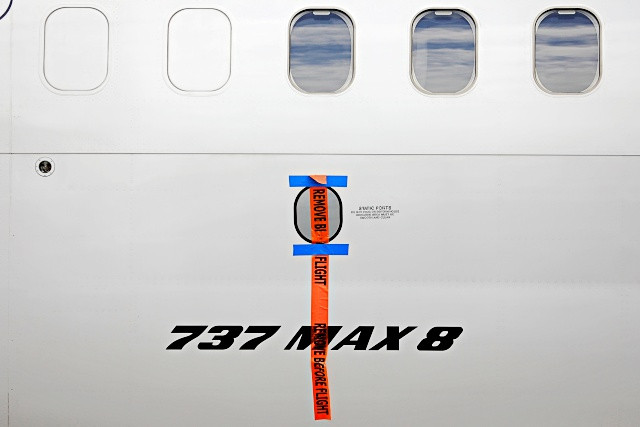Following the two tragedies that involved the Boeing Max 737 model, experts have started questioning the Federal Aviation Administration's (FAA) potential oversight and laxness in supposed jetliner checks and approvals.
USA Today's Editorial Board released a report on Thursday, suggesting that the Lion Air tragedy in October and the Ethiopian Airlines crash earlier this month could be proof of "excessive FAA coziness with airlines and manufacturers." The report cited two other crashes in the past that industry analysts may want to look into.
According to the report, a ValuJet flight crash that dates back to 1996 and an Alaskan Airlines crash in 2008 that saw the deaths of 110 and 88 people respectively were deemed as incidents that could also hold the FAA responsible for its lax regulations.
"Clearly, confidence in the FAA as the gold standard for aviation safety has been shaken," Transportation Department Inspector General, Calvin Scovel, said on Wednesday during a meeting with a Senate subcommittee. His statements echoed the sentiments of other industry analysts who previously said the FAA has gradually become complacent on safety certification measures.
Multiple investigations are being held as part of the probe on the Boeing jetliners that crashed in the span of five months. The American airplane giant said this week that it will roll out fixes to its anti-stall feature that turns out to have contributed largely to the Boeing 737 models' malfunctioning.
Earlier on Friday, multiple outlets reported that Boeing has been slapped with the first lawsuit since the Ethiopian Airlines crash. The lawsuit was filed by the family of Jackson Musoni, a Rwandan citizen, and one of the 157 passengers who passed away in the latest crash.
According to CBS News, the lawsuit accuses Boeing of "a defective design, and concomitant inadequate warnings, of the Boeing 737 Max 8." While the company did not offer a comment on the issue, it told the outlet that it "continues to support the investigation, and is working with the authorities to evaluate new information as it becomes available."
Meanwhile, investigators reportedly revealed on Friday that the Boeing 787 Max that crashed in Ethiopia shortly after takeoff had its flight-control feature automatically activated before the crash-landing. The feature is supposed to help avoid potential stalling.
As with the first lawsuit from Musoni's family, Boeing said it cannot make a comment on the anti-stall feature of the 737 Max 8 model but the company's shares have since dropped and consumer confidence levels also decreased. The FAA also has yet to make an official statement on the matter as investigations continue.






